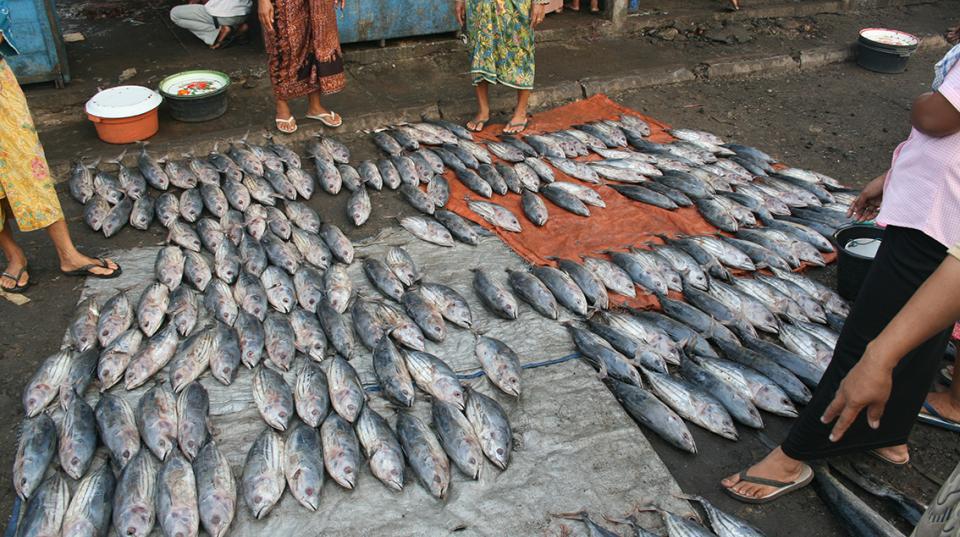Overview
This project aimed to improve Indonesia's capacity to assess and manage its tuna fisheries by addressing information gaps. The study species were yellowfin and bigeye tunas. This will help improve Indonesia's fisheries research capacity.
Indonesia's pelagic fisheries resources are important for the nation's economy and as a domestic food resource. Yellowfin tuna (Thunnus albacares) and bigeye tuna (Thunnus obesus) are two critically important species to Indonesia and to neighbouring countries in the Indian Ocean and Western Pacific Ocean.
Stock assessments suggest both species are fully exploited and possibly overfished in some areas. Uncertainties in these assessments largely result from insufficient information on Indonesian and Philippine surface fishing fleets' true catch of these tunas. Assessments and management strategies are based on assumptions of broadly distributed, well-mixed stocks of both these species. Better understanding of population structures and connectivity across the ranges of both species is needed for improved management.
The increasing number of fish aggregating devices (FADs) in Indonesian waters, the associated effects of increased fishing pressure on stocks of juvenile tunas, and unsustainable fishing practices are also matters of concern.
This project addressed these knowledge gaps by attempting to determine the true distribution of stocks of these fish and by providing a characterisation of the FAD-based fisheries.




